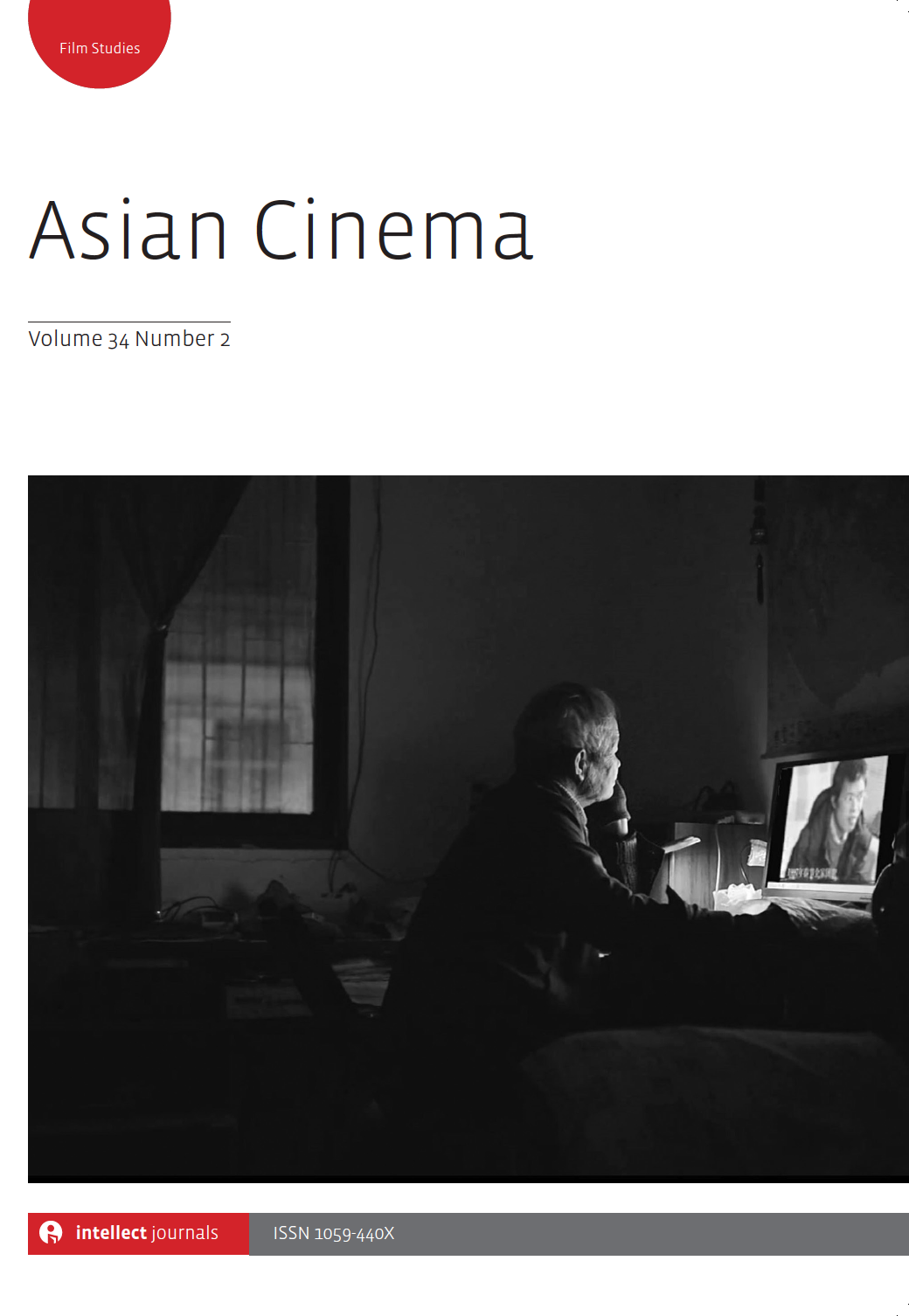
Full text loading...

Portuguese filmography on Portuguese Asia during the Estado Novo is limited. Additionally, much of this filmography appeared late and while also espousing a Luso-tropicalist rhetoric that sought to project the bygone mythical importance of a formerly vast empire. During the dictatorship, however, the colonies in the East held symbolic value. I propose that the scarcity of films on the ‘Portuguese Orient’ stems from this symbolic value of an imagined community that is evoked more through its vagueness than through its visual representation. With the emergence of tensions between Portugal and India regarding the control of Portuguese India in 1947, and the beginning of the independence war in Angola in 1961, interest in filming Portugal’s eastern colonies arose from the need to sediment a Luso-orientalist discourse that ignored the broad range of local characteristics and the myriad differences that existed between Africa and Asia and, moreover, between various colonies within those regions.

Article metrics loading...

Full text loading...
References


Publication Date:
https://doi.org/10.1386/ac_00070_1 Published content will be available immediately after check-out or when it is released in case of a pre-order. Please make sure to be logged in to see all available purchase options.